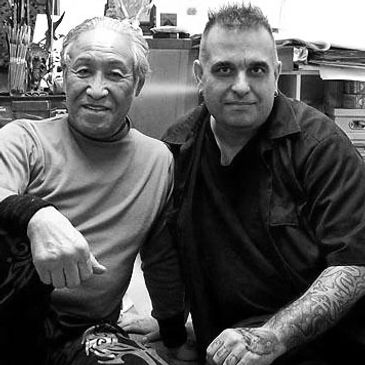Seppuku Tattoo Established 2005
We have the tools, We have the talent!
Signed in as:
filler@godaddy.com
We have the tools, We have the talent!



Copyright © 2023 Seppuku Tattoo - All Rights Reserved.
We use cookies to analyze website traffic and optimize your website experience. By accepting our use of cookies, your data will be aggregated with all other user data.